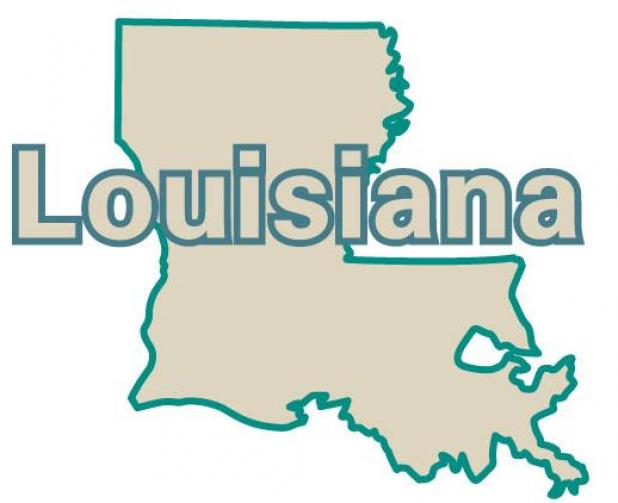
Amendment could limit growth of government
A bill Louisiana lawmakers approved this year is meant to slow the growth of state spending in the years to come. It also could lead to some interesting political showdowns.
For decades, Louisiana has had an expenditure limit that puts a cap on state spending, at least in theory. Each fiscal year, a new limit is calculated based on the old limit multiplied by the average personal income growth over the past three years.
“It existed basically in name only, because it has a compounding effect built into it,” said Rep. Gerald “Beau” Beaullieu, a New Iberia Republican who sponsored legislation that, if approved by voters, would change how the limit is calculated.
Under Act 271, the new limit would add the three-year average change in gross domestic product, state population, and the regional consumer price index into the formula. Growth would be limited to no more than 5% annually. If the federal government provides more money related to COVID-19 relief, those dollars won’t count against the cap.
And, in what might be the most consequential change, the starting point for calculating each year’s limit would be the prior year’s state spending, not the previous year’s expenditure limit. As under the current system, legislators could adjust the cap if at least two-thirds of the members of each body agree to do so.
“I believe it gives the state a better gauge of what you would consider reasonable government growth,” Beaullieu said.
The expenditure limit basically counts “state effort” and does not apply to federal dollars. The current limit is $14.353 billion. Usually, state spending is about $400 million to $500 million below the limit, said Greg Albrecht, the Louisiana Legislature’s chief economist.
Using Moody’s Analytics’ baseline scenario for the state, Albrecht said projected annual expenditure limit growth could range from just under 1 percent to almost 3.4 percent over the next five years under the proposed change. The limit’s estimated annual growth under the current system would range between almost 2 percent and just under 4.6 percent.
“The limit’s not going to grow as fast,” he said.
The proposed constitutional amendment will be on the ballot in November. The expenditure limit typically is approved at the end of the calendar year and applies to spending approved for the following fiscal year that begins July 1.
“This does not cut the state budget,” said Morgan Wampold with the Pelican Institute for Public Policy, which supported the bill and generally opposes raising taxes and increasing government spending. “It limits the growth of state spending.”
Critics say tight spending limits can hinder a state’s recovery from a recession by forcing cuts to services. Moody’s in a 2019 report predicted Louisiana would see a 25 percent reduction in state revenue during a severe recession like the one we’re experiencing now, noted Jan Moller with the Louisiana Budget Project, which focuses on how state policy impacts low- and middle-income families.
“From these economic depths, Louisiana can likely expect a period of rapid growth as the economy returns to normal,” Moller said in written testimony to the House Appropriations Committee. “With this amendment, you would almost certainly need a two-thirds vote to pass a budget when growth picks up – essentially handing veto power to a minority of members in either house.”
The current expenditure limit triggered a standoff between former Gov. Kathleen Blanco and Republicans in the legislature, who at the time were the minority party. State revenues spiked because of the post-Hurricane Katrina rebuilding boom, and Republicans were able to exact concessions from the Democratic governor in exchange for their votes to lift the cap.
“In normal years the expenditure limit has not come into play, but normal years aren’t normal anymore,” said Steven Procopio with the Public Affairs Research Council of Louisiana. “A new base year – set at an unusually low level during an economic recovery – could bring the spending limit into play. The two-thirds votes required to raise the new limits will create some interesting politics.”
Beaullieu, a freshman legislator, said he wasn’t thinking about politics when he proposed the bill, which passed with bipartisan support and was signed by Gov. John Bel Edwards, a Democrat. Edwards’ communication staff did not respond to an email asking why the governor decided to sign the bill.
While the effect might be to limit government growth, Beaullieu suggests the more detailed expenditure limit calculation also could provide ammunition for lawmakers who want to increase spending. If the population is growing, that means there are more taxpayers to support new spending and more people in need of government services.
“It gives both sides of the aisle some discussion points,” Beaullieu said.
